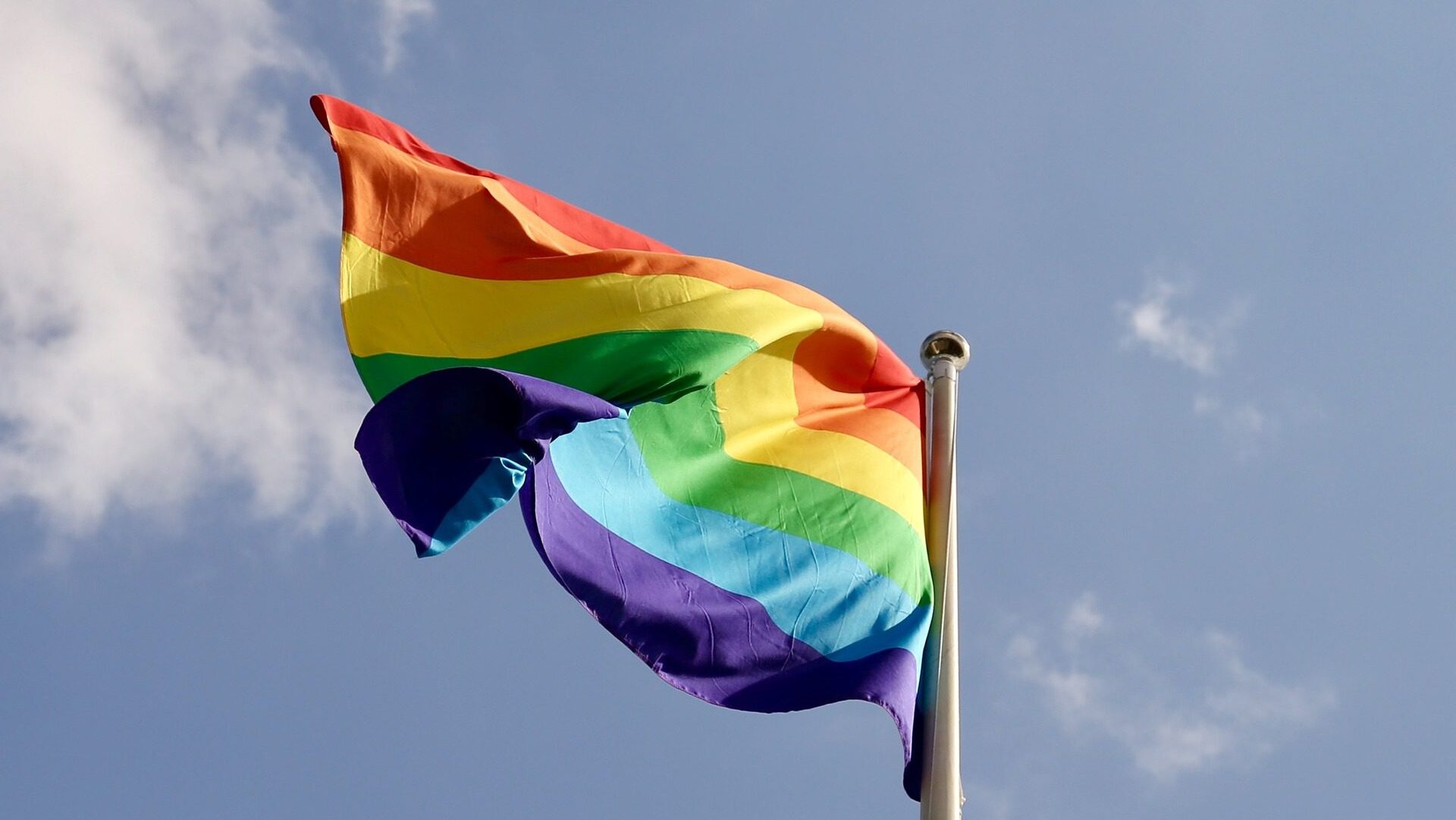
Norway’s Catholic bishops have signed a declaration affirming traditional Christian views on gender and sexuality, joining over 30 Christian communities. The document, titled “Ecumenical Declaration on Gender and Sexual Diversity,” asserts that humanity’s biological sex is defined at conception and challenges contemporary views on gender identity, which it describes as ideologically driven and scientifically unfounded.
The declaration states, “God created humans as male and female. … Marriage is the union of a man and a woman, established by God and recognised by the Christian Church throughout the centuries.” By upholding these values, the declaration advocates for the traditional family structure and emphasises that children are best served when raised by both biological parents. The modern concept of gender identity as fluid and self-determined contradicts this foundation, the signatories argue.
The statement also warns about the impact of gender ideology on young people. Introducing these ideas to children “can lead to confusion, insecurity, and destructive life decisions for many children and adolescents.”
The document underscores the importance of respecting biological reality, asserting, “The idea that there is a subjective gender and a self-chosen ‘gender identity’…has no foundation in biology or natural science.”
Bishop Erik Varden of Trondheim, chairman of the Nordic Bishops’ Conference, expressed empathy for those affected by gender ideology, but said that Church teaching is clear. “We want to accompany complex situations compassionately and creatively,” he told CNA Deutsch. Varden said the Christian anthropological vision is consistent with empirical data, stating, “A Christian understanding of life is eminently concrete.”
The declaration also accuses public authorities of undermining religious freedom. “Government bodies and public institutions abuse their mandate and power when they try to pressure citizens and organizations to conform to ‘queer theory’ regarding gender, sexuality, and marriage,” the statement reads.
Reflecting on cases like England’s Tavistock gender identity clinic, which was closed following a critical review, Bishop Varden noted, “The choir of voices that want to be heard is getting louder and louder. That’s a good thing.” He said the bishops intend to contribute positively to the national debate, stating, “Our statement is neither angry nor over-the-counter. It arises, in prayer, from our commitment to our nation and our desire to build it.”
The declaration comes amid the ongoing Synod on Synodality, which special interest groups are desperately trying to influence. The Catholic News Agency describes the Synod as:
The Synod on Synodality, initiated by Pope Francis in October 2021, is a multiyear, worldwide undertaking during which Catholics were asked to submit feedback to their local dioceses on the question “What steps does the Spirit invite us to take in order to grow in our ‘journeying together?’”
The Times reports claims from a radical liberal Catholic group that Pope Francis privately expressed a desire to appoint bishops in the United States who would be more “welcoming” towards transgender Catholics.
New Ways Ministry, a controversial U.S.-based group that dissents from Church teaching on some moral issues, said the Pope made the comments during an 80-minute private meeting at his residence with 11 people, including transgender and intersex Catholics and their supporters.
The campaigners claim that Pope Francis suggested he would consider bishops’ openness to transgender issues as a criterion for future appointments in the U.S., although this has not been verified by the Vatican, which declined to comment.
Jonathan Liedl, senior editor at the National Catholic Register, has written about how special interest groups are influencing the Synod on Synodality by hosting events on the sidelines and encouraging sympathetic media outlets to report on them.
For example, AmerIndia, a network of progressive Latin American Catholics, invited synod delegates to discuss women’s ordination. Such events, although not officially part of the synod, are then amplified by sympathetic media outlets, creating a perception that these progressive issues have broader support within the Church than may actually be the case.
Similarly, Fr. James Martin’s LGBT advocacy group, Outreach, held a side event where several LGBT-identifying Catholics spoke. Although the event was closed to the press, Outreach released a report on it, which Fr. Martin amplified through his large social media presence, claiming the gathering was “historic.”
Liedl points out that this practice strongly resembles political lobbying. These side events, while increasing visibility for certain fashionable causes, overshadow other issues that might resonate more deeply with ordinary Catholics.
